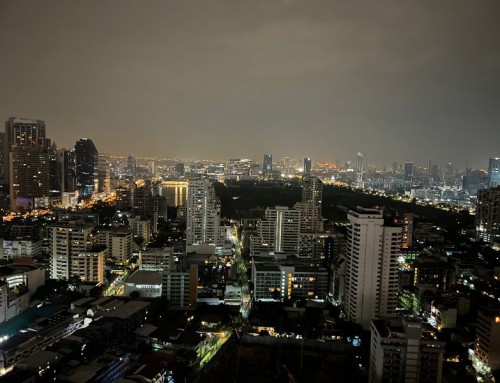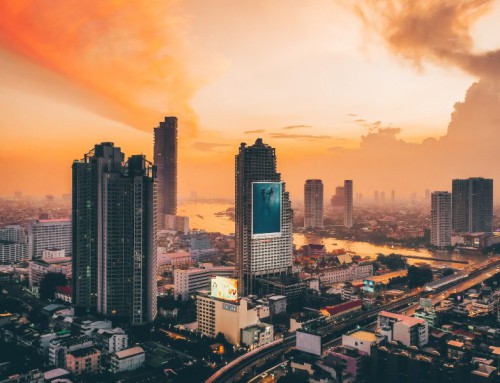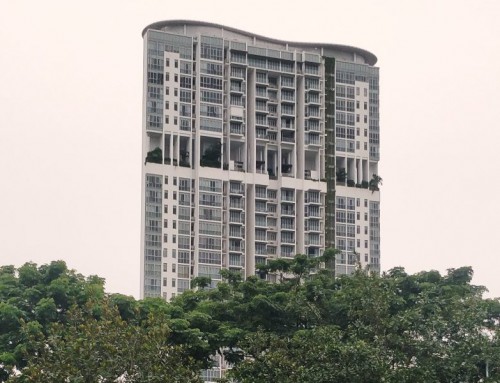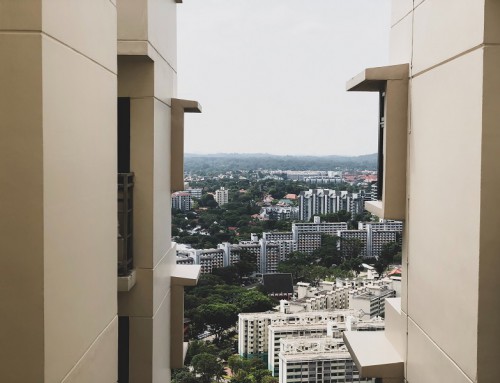Most Singaporeans have travelled to Thailand. Some of us may have even invested in Thai properties or set up businesses in Thailand. It has a much lower cost of living as compared to Singapore and for this reason among others, Thailand is seen as a good place to retire.
As a tourist, Singaporeans can remain in Thailand for up to 60 days. In essence, you have to leave Thailand and re-enter it every 60 days. Thus if you want to retire in Thailand, you will have to apply for a retirement visa. Here are the steps to getting a retirement visa in Thailand.
1) Get a Non-Immigrant Visa
This differs from a normal tourist visa. This visa has a validity of 90-days and is issued to people who want to enter Thailand to study, do business, make investments or retire.
- Your passport must be valid for at least 6 months from your date of arrival
- You must show adequate finances to fulfil your purpose of being in Thailand
You can apply for this either in person at the Thai Embassy in Singapore (For other nationalities you can do so if there is a Thai Embassy in your country), or by mail.
2) Get a Retirement Visa
The common term for this is a long-stay visa or non-immigrant O-A visa. You must apply for this while your current visa has at least 30 days remaining. Retirement visas are valid for one year, renewable every year and can be renewed from within Thailand.
- 50 years of age and above (on the date of submitting an application)
- Not being a person prohibited from entering the Kingdom
- Having no criminal record against the security of Thailand and the country of his/her nationality, or the country of his/her residence.
- Having the nationality of or the residence in the country where his/her application is submitted.
- Not having prohibited disease as indicated in the Ministerial Regulation No. 14 (B.E. 2535).
- Not being allowed to work in Thailand.
The required documents (For Singaporeans) (For other nationalities you may wish to check with your local Thai Embassy. The criteria may vary slightly from country to country)
- Complete the online application (https://visaonline.thaiembassy.sg/), print three copies, sign the application forms as well as bring recent photographs V (with 6 recent passport-sized photographs) and three completed Additional Application Forms for Non-Immigrant Visa “O-A”.
- Your passport should have a validity of at least a year and a half.
- A summary of your personal data
- A letter from the bank verifying the amount of deposit in the bank account. The amount should be at least 800,000 Baht (or equivalent).
- Verification stating that the applicant has no criminal record issued from the country of his/ her nationality or residence (the verification shall be valid for no more than 3 months).
- A medical certificate issued from the country where the application is submitted, showing no prohibited diseases as indicated in the Ministerial Regulation No. 14 (B.E. 2535) (the certificate shall be valid for no more than 3 months).
- Singapore Blue IC and Re-Entry Permit Form 7 (for Singapore’s Permanent Residents)
- Application fee: S$250 for Multiple Entries valid for One Year (Cash only in Singapore Dollars – Non-refundable)
- In the case where the applicant wishes to have his or her spouse stay together in Thailand but the spouse is not qualified for the O-A code visa on his or her own, the spouse may be eligible to apply for a Single-Entry Non-Immigrant O-visa. Required documents are the same as required documents for Non-Immigrant O-A-visa plus a marriage certificate (Note: A copy of the bank statement has to show the amount of another 800,000 Baht (or equivalent) in addition to the applicant’s initial amount). Civil partnership certificate is not acceptable.
3) Reporting during your stay
As a holder of a retirement visa, you will be required to notify the relevant authorities, usually the local immigration office, about where you are residing. You may do this either in person, by mail (documents must be submitted at least seven days before the end of each 90-day period), or through an agent who will act for you through a power of attorney. If you are out of the country when the reporting is due, you will trigger a new 90-day period when you return Thailand.
4) Travelling out of Thailand during the retirement visa validity period
If you intend on travelling out of Thailand during your retirement visa validity period, you will need to apply for a single or multiple re-entry permit before leaving. You can do so at the closest immigration office or at the international airport before leaving Thailand.
In general, Thailand is rather welcoming to foreigners wanting to retire in the country. The retirement visa requirements are not high. This is one of the reasons why Thailand is a preferred retirement choice for many Europeans and Americans. Increasingly it is also becoming a retirement option for citizens from countries with a very high cost of living. This article is to serve as a guide for anyone looking to apply for a retirement visa in Thailand. However, you should always check with the Thai Embassy in your country with regards to the full application process.
Yours Sincerely,
Daryl Lum
My previous article:
The good locations for property investment in Bangkok (2023 update)
My personal experience purchasing a property in Bangkok






